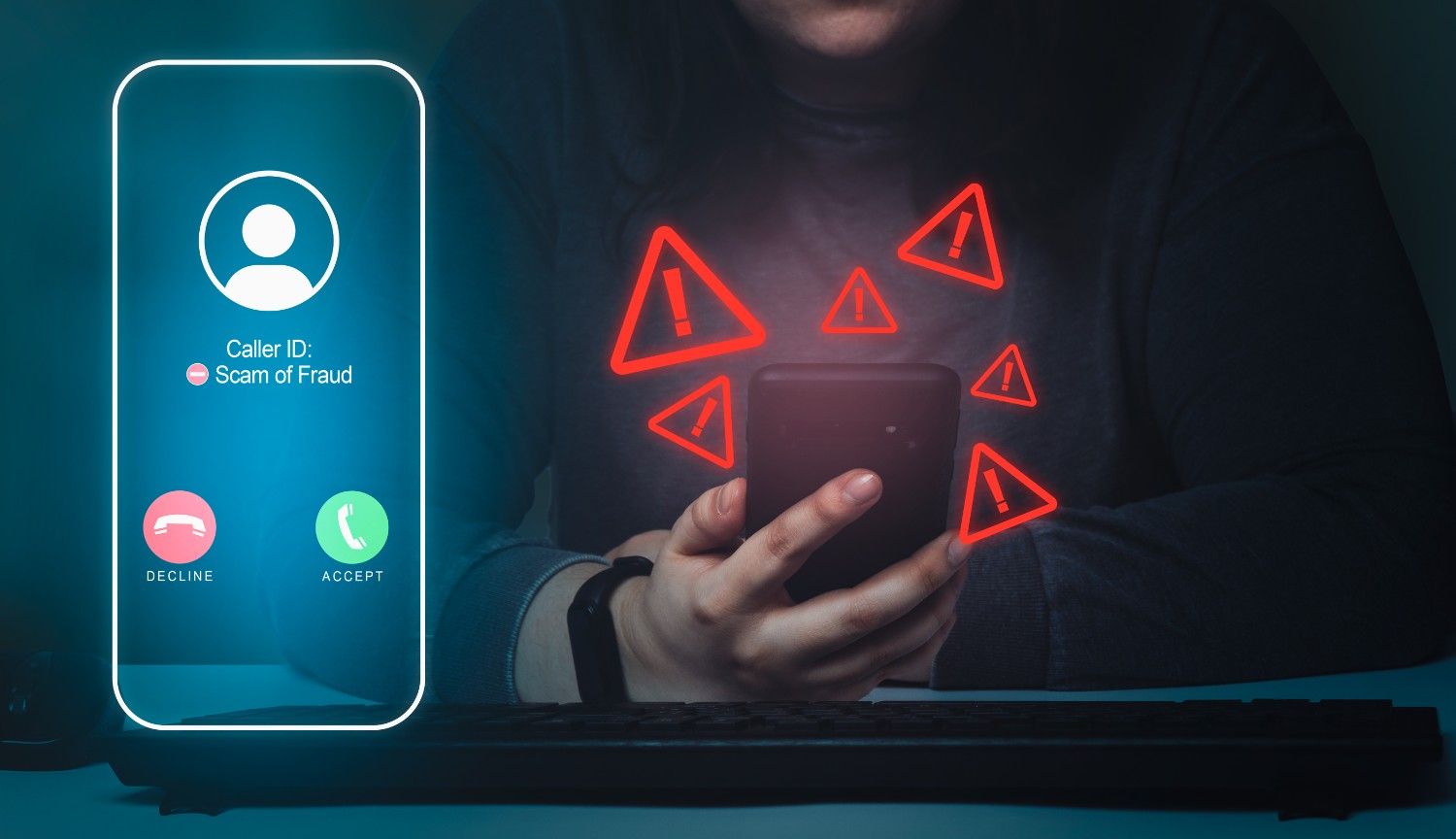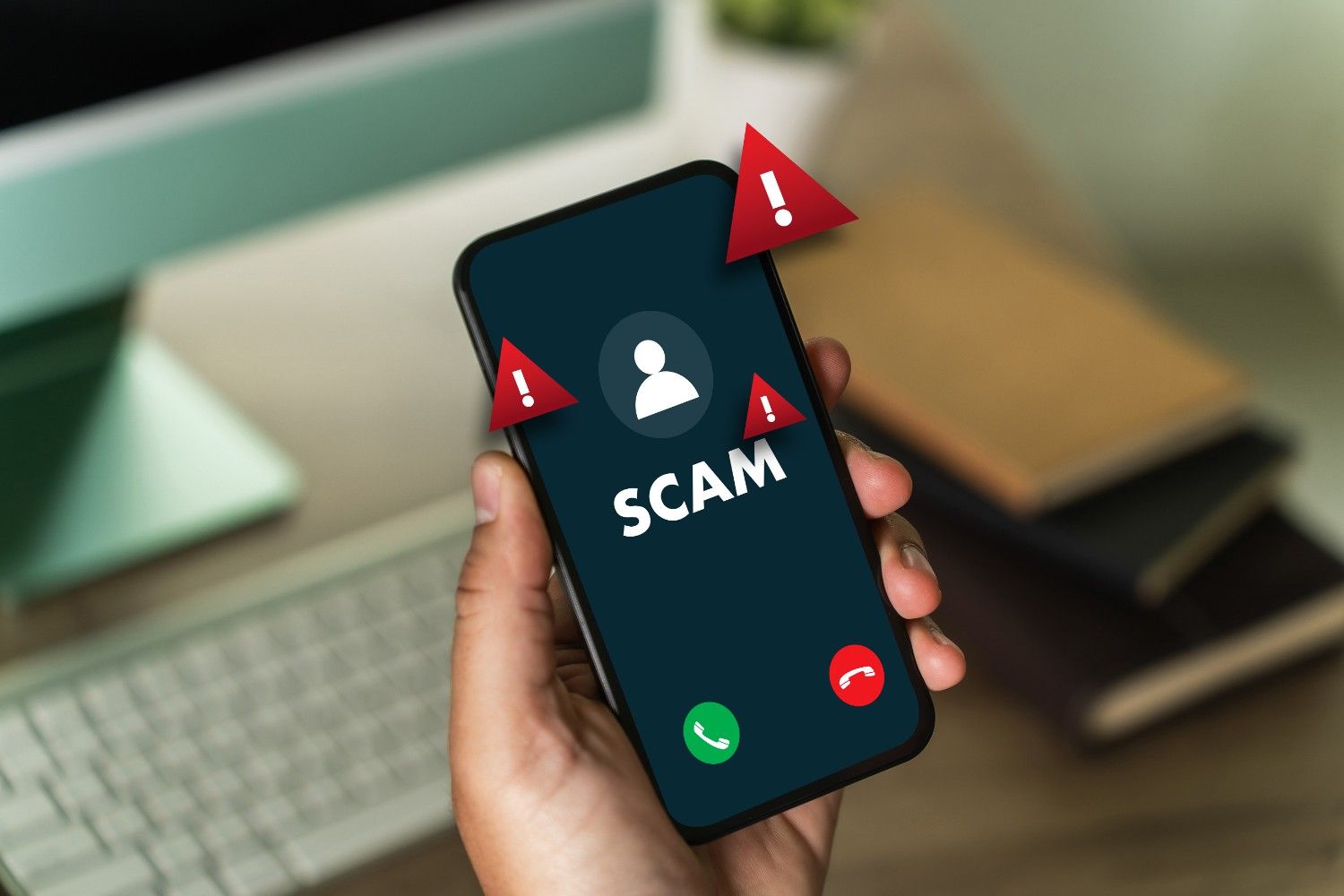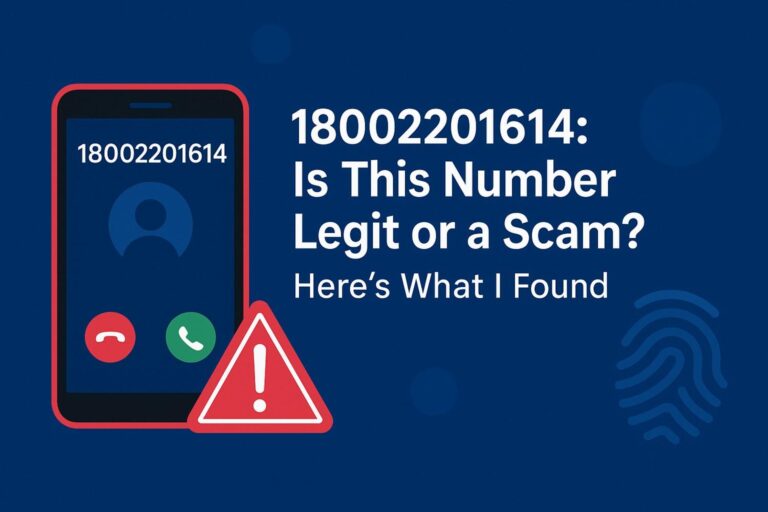I’m picky about answering unknown calls, but the first time 18002201614 pinged my phone, curiosity almost won. I’d seen friends complain about it online, and I wanted to know if it was a real outreach or one of those clever spoofed scams. After digging through carrier forums, user reports, and official guidance, here’s the clear, practical breakdown—so you can decide what to do the next time it calls you.
What do people say about 18002201614?
When I traced public chatter, I found two competing narratives. On Verizon’s own community forum, reps have replied that 800-220-1614 is associated with their Outdial Sales team, which makes legitimate outbound calls to customers at times. That’s a strong signal that the number can be used for real marketing or account-related outreach.
But then I hit multiple crowd reports flagging the same number as spam or a possible impersonation of Verizon—classic signs of spoofing or third-party call centers pushing upsells. These posts describe odd behavior (like asking for personal details immediately or leaving vague voicemails). That mismatch is the red flag: even if a number sometimes belongs to a legit team, scammers can spoof it so your caller ID shows a trusted brand.

Why does 18002201614 show up as “Verizon”—and still feel sketchy?
Because caller ID can be faked. The FTC and FCC have both warned for years that scammers often spoof caller ID to look like your bank, your carrier, or a government office. If something feels off—pressure to act fast, immediate requests for codes or login info—that’s your signal to step back and verify before sharing anything.
To make things more confusing, anti-spam tools show substantial activity on this line. For example, RoboKiller tracks tens of thousands of calls tied to (800) 220-1614, with a negative reputation—evidence that, at minimum, the number appears in a lot of unwanted-call patterns. That doesn’t prove every call is bad, but it tells me to treat it like a mixed bag and verify independently.
How should you verify a call from 18002201614?
My rule is simple: don’t validate a caller; validate a company. If someone says they’re from Verizon (or any brand), hang up politely and call back using the official number on the company website or your bill—never the number they give you on the call. Verizon lists 800-922-0204 for support on its official contact page; use that or your app’s secure chat to ask whether a rep really tried to reach you.
If the caller is legit, the official team can see notes on your account and confirm the outreach. If they can’t, you just saved yourself from a social-engineering attempt. The FTC specifically advises not to trust caller ID as proof and to rely on known-good contact info instead.
Is answering 18002201614 safe?
It depends on what happens next. If you answer and the caller immediately asks for one-time passcodes, PINs, Social Security numbers, or full payment details, that’s a no from me. The FCC and FTC recommend you hang up, don’t press menu numbers, and report the attempt. Real reps can help without collecting sensitive data on a cold call.
If you do pick up by accident, stay calm, take no action on the call, and do your verification routine: end the call and reconnect through official channels. It’s the fastest way to separate real outreach from spoofing.

What’s the best way to stop repeat calls from 18002201614?
I take a layered approach. First, register or confirm your number on the National Do Not Call Registry to reduce lawful telemarketing noise. It won’t block criminals, but it trims legitimate sales calls and makes reporting violations easier. Then use your carrier’s built-in call-filtering tools (most support STIR/SHAKEN caller-ID authentication to curb spoofing). Finally, report persistent bad actors to the FTC/FCC to strengthen the data they use to shut operations down.
How do I handle 18002201614 step-by-step (without losing my mind)?
If 18002201614 rings and you’re unsure, let it roll to voicemail. If there’s a message, don’t call back the number in the voicemail—go to the company’s official site or app and initiate contact yourself. This cuts off the classic “urgent callback” trick that spoofing relies on.
When you reconnect through the official number, ask the rep to confirm whether there was an outbound attempt on your account. If yes, you can continue safely. If not, consider the original call a spoof and report it. The FTC’s guidance is consistent: document the time, the number you saw, and any callback numbers they gave you.
FAQs about 18002201614
1. Is 18002201614 a Verizon number or a scammer?
It can be associated with Verizon’s Outdial Sales team, according to Verizon’s forum responses—but spoofing means scammers can also make it look like Verizon is calling. Treat the ID as a hint, not proof. Verify by calling Verizon directly via the official 800-922-0204 or your account app.
2. Should I call 18002201614 back if I missed it?
I wouldn’t. Use the official contact routes instead. If a rep truly needs you, the official support line can see notes on your account and connect you properly. This avoids the “call back the number we gave you” trap used in many spoofing attempts.
3. What if 18002201614 left a voicemail about my order or account?
Don’t share info or click links mentioned in the message. End the call and reinitiate through the official site/app or the published support number. This aligns with FTC/FCC guidance: never trust caller ID or unexpected requests for sensitive data.
4. How do I report unwanted calls from 18002201614?
File complaints with the FTC and FCC, and confirm you’re on the Do Not Call list. Include the number shown on your caller ID, any callback numbers mentioned, and the time/date. These reports help investigators spot patterns.
So…should you pick up 18002201614 or pass?
Here’s my practical take: answer only if you’re prepared to verify. Because 18002201614 shows up in both legitimate and spammy contexts, your safest move is to let it go to voicemail, then reconnect through a verified channel—like the number on your bill or Verizon’s support page—before you share anything. That one extra step turns a risky moment into a secure one, every time.
Quick recap you’ll actually use
- The number may be used by Verizon’s outbound sales—but spoofers also use it. Verify independently.
- Caller ID can be faked. Treat it as a clue, not proof.
- Call back only via official channels (e.g., Verizon’s posted line 800-922-0204).
- Reduce noise and report abuse: Do Not Call registry + FTC/FCC complaints.
Bottom line: If 18002201614 rings, your best friend is a clean callback path through official contact numbers. Smart, boring, effective—and that’s exactly how you stay scam-proof.

